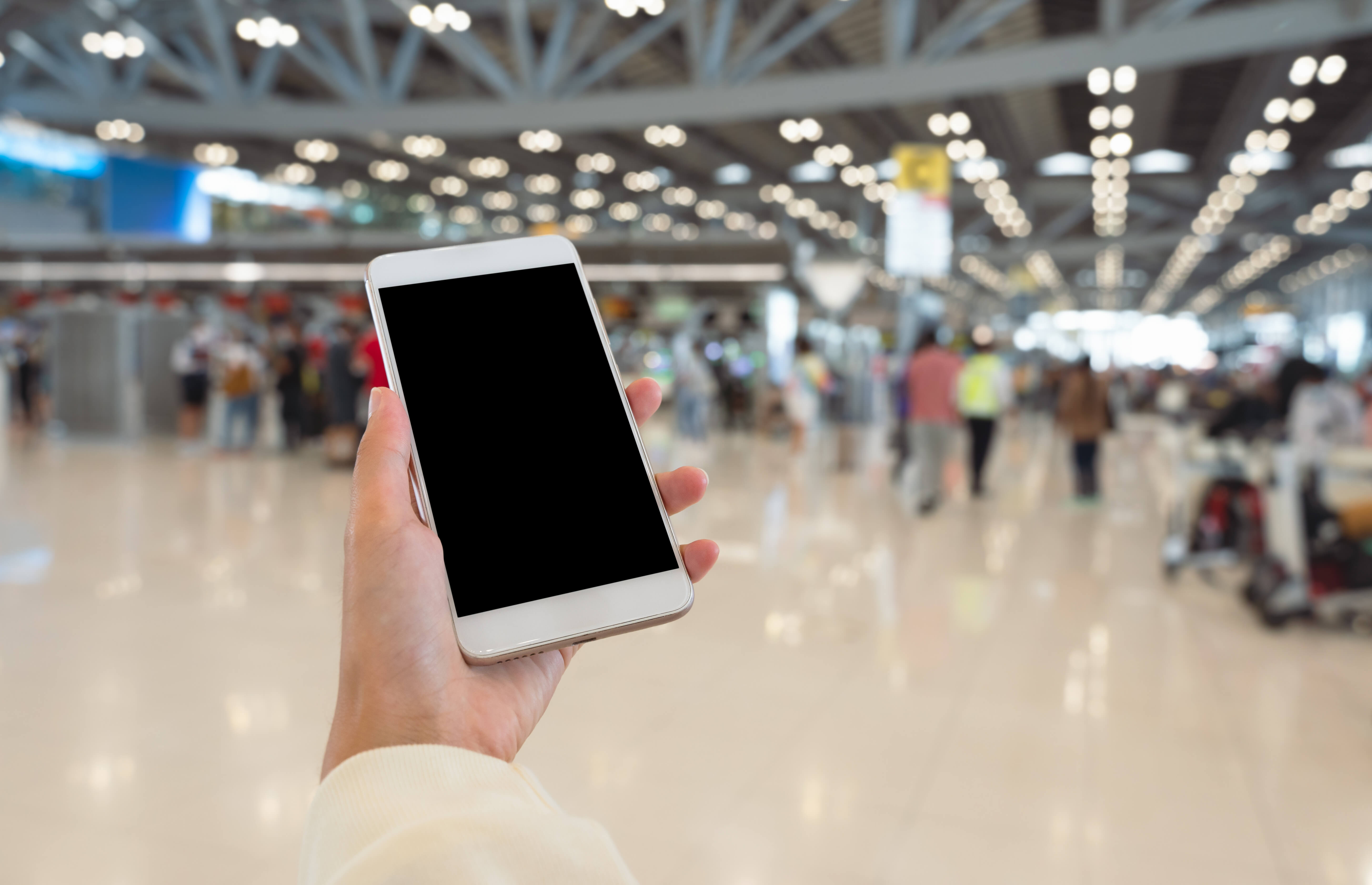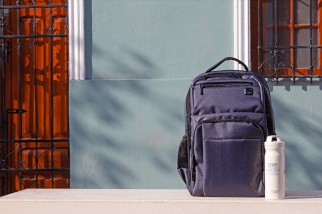IATA says industry is one step closer to "ready-to-fly" goal

Under the One ID initiative airlines are working with IATA to digitalize the passenger experience at airports with contactless biometric-enabled processes Source: ingimage
The International Air Transport Association (IATA) has developed industry standards that will bring the aim of having travelers arrive at airports "ready-to-fly" one step closer to reality. The newly released Recommended Practice on Digitalization of Admissibility will enable travelers to digitally prove admissibility to an international destination, avoiding a stop at the check-in desk or boarding gate for document checks.
Under the One ID initiative airlines are working with IATA to digitalize the passenger experience at airports via contactless biometric-enabled processes.
Programs are already in use across various airports allowing travelers to move through airport processes such as boarding without producing paper documentation because their boarding pass is linked to a biometric identifier. However, in many cases travelers would still have to prove their admissibility at a check-in desk or boarding gate with physical checks of paper documentation (passports, visas and health credentials for example).
The Digitalization of Admissibility standard will advance the realization of One ID with a mechanism for passengers to digitally obtain all necessary pre-travel authorizations directly from governments before their trip. By sharing the “OK to Fly” status with their airline, travelers can avoid all on-airport document checks.
“Passengers want technology to make travel simpler. By enabling passengers to prove their admissibility to their airline before they get to the airport, we are taking a major step forward. The recent IATA Global Passenger survey found that 83% of travelers are willing to share immigration information for expedited processing. That is why we are confident this will be a popular option for travelers when it is implemented. And there is good incentive for airlines and governments as well with improved data quality, streamlined resourcing requirements and identification of admissibility issues before passengers get to the airport,” says Nick Careen, IATA’s Senior Vice President for Operations, Safety and Security.
What travelers will be able to do in future:
- Create a verified digital identity using their airline app on their smart phone
- Send proof of all required documentation to destination authorities in advance of travel using their digital identity
- Receive a digital "approval of admissibility" in their digital identity/passport app
- Share the verified credential (not all their data) with their airline
- Receive confirmation from their airline that all is in order and go to the airport
Data Security
The new standards have been developed to protect passengers’ data and ensure that travel remains accessible to all. According to IATA, passengers remain in control of their data and only credentials (verified approvals, not the data behind them) are shared peer-to-peer (with no intermediating party).
This is interoperable with the International Civil Aviation Organization’s standards including those for the Digital Travel Credential. Manual processing options will be retained so that travelers will have the ability to opt out of digital admissibility processing.
“Travelers can be confident that this process will be both convenient and secure. A key point is that information is shared on a need-to-know basis. While a government may request detailed personal information to issue a visa, the only information that will be shared with the airline is that the traveler has a visa and under which conditions. And by keeping the passenger in control of their own data, no large databases are being built that need protecting. By design we are building simplicity, security and convenience,” adds Louise Cole, IATA’s Head Customer Experience and Facilitation.
IATA's Timatic
IATA’s Timatic offering is helping deliver the One ID vision with trusted entry requirement information for airlines and travelers. Integrating Timatic into the apps providing entry requirements registry model creates an established process for the global collection, verification, updating and distribution of this information.









